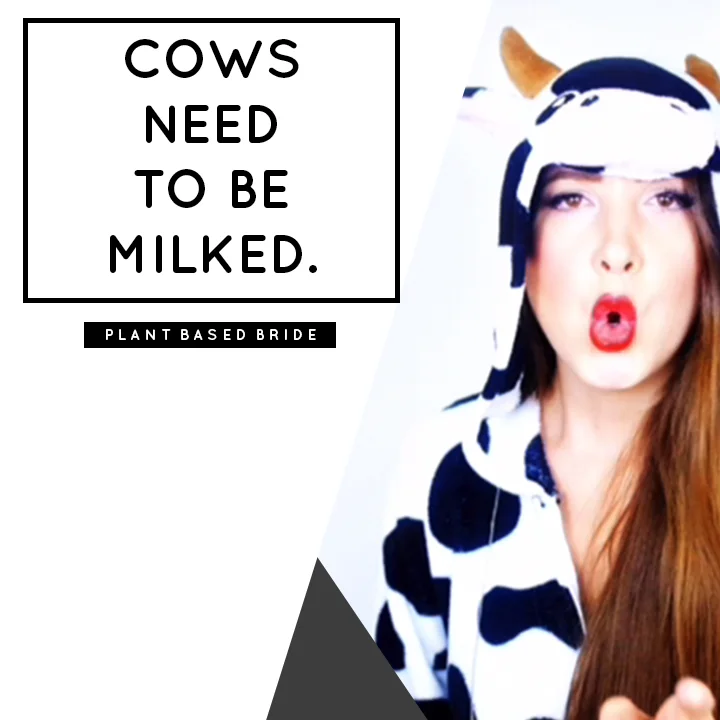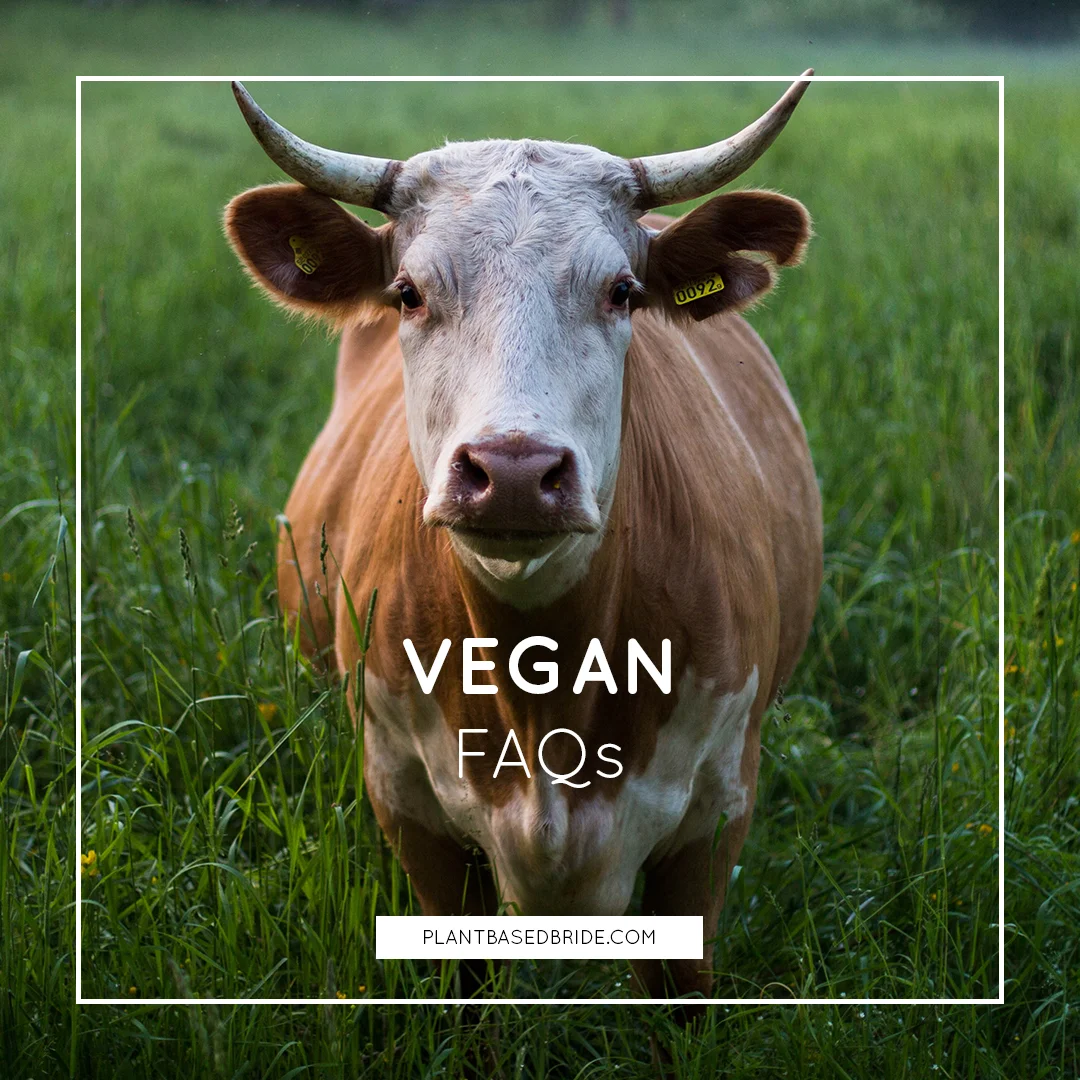Why I Add a B12 Supplement To My Vegan Diet
If you've spent any time in the vegan community online, it's likely you've heard talk about B12. But what is B12 and why do we need it? Do you need to use supplementation, or is it readily available in the foods we eat? What happens if we don't get enough or get too much? Do only vegans have to worry about their B12 levels? Read on to learn the answers!
What is B12?
B12 is a vitamin that is essential for human health, used by the body to make new blood cells and DNA. It is also a component of the myelin sheath, the protective layer of our nerves which also helps to conduct messages. B12 is made by anaerobic microorganisms (bacteria that don't require oxygen).
How much B12 do I need?
Where is B12 found in nature?
In today's food supply, B12 is only really found in animal products (meat, milk and eggs) and fortified foods. Certain varieties of mushroom and fermented foods contain B12, but in very small quantities insufficient to reach human needs. Plants grown in B12 rich soil (which is unfortunately very uncommon today) easily absorb B12 and there is some B12 in certain varieties of algae (although not in its active form) and therefore both options are not particularly useful for our purposes.
How do animals get their B12?
Certain animals such as cows and sheep get most of their B12 by absorbing it as it is made by their gut bacteria. All animals get a portion of their B12 intake from the following sources:
- The consumption of feces;
- Bacterial contamination of their food, and;
- The consumption of animal flesh, milk, and eggs.
What are the symptoms of B12 deficiency?
There are four stages of B12 deficiency:
Stage I: Declining blood levels of B12
Stage II: Low cellular concentrations of B12
Stage III: Increased homocysteine in the blood and a decreased rate of DNA synthesis
Stage IV: Macrocytic anemia.
Many undesirable symptoms come along with low levels of B12, even before you reach the final stage of B12 deficiency: anemia. These symptoms include:
- Fatigue;
- Lethargy;
- Weakness;
- Numbness in the hands, legs, or feet;
- Neurological problems such as memory loss and cognitive difficulties;
- Difficulty walking;
- Shortness of breath;
- Palpitations;
- Pallor;
- A swollen tongue;
- Jaundice, and;
- Psychiatric problems such as paranoia or hallucinations.
How can I ensure I get enough B12?
If you are eating the standard american diet you are probably getting more than you need daily, but if you fall within one of the following categories you may need to look into supplementation:
- Over 50 years old;
- Vegan;
- Taking medications that interfere with the absorption of B12; or
- Suffering with the malabsorption of foods due to weight-loss surgery or a medical condition.
While many foods are fortified with B12, these are likely insufficient for the needs of the above groups. I, personally, take a B12 supplement daily in the form of a sublingual spray to ensure adequate intake. For most, the smallest available dose of B12 (usually 100 mcg) taken daily does the trick. Only a small percentage of that will be absorbed due to the body's limited ability to absorb B12 at amounts larger than about 4 mcg at any given meal. Luckily, 4 mcg of B12 daily is more than anyone should require, unless struggling with absorption. I know what you're thinking, but no. Higher doses of B12 aren't necessarily better. While there are no known negative health effects of more B12 in the body, the percentage of B12 absorbed is actual reduced when larger doses are taken.
You might also like: Vegans vs Protein and Building Strong Bones With Plants
What kind of B12 supplement should I take?
Any kind works, but it has been found that tablets that you chew or dissolve in the mouth, and sprays that you hold in your mouth for a certain period of time, are better absorbed than pills.
Should I get my B12 checked?
Through my research I've found a common recommendation from physicians to have B12 and methylmalonic acid (MMA) levels checked every few years, but only for those who are at a higher risk of deficiency.
For the general population, B12 deficiency is not a big concern. For vegans and vegetarians, however, it remains a real risk with as many as 50-80% suffering from the deficiency. I am an advocate for a healthy vegan diet, and find that I receive adequate amounts of every conceivable nutrient without the need for supplementation, with the exception of B12. I myself take a daily supplement and recommend that any vegans out there do the same!
Until next time,
Do you take a B12 supplement? What are your thoughts on supplementation in general? Let me know in the comments below!
Feel free to join the plant based bride community in the form at the bottom of this page for updates and freebies!
Sources and Further Reading
https://ods.od.nih.gov/factsheets/VitaminB12-Consumer/
http://chriskresser.com/b12-deficiency-a-silent-epidemic-with-serious-consequences/
http://www.dietitians.ca/Downloads/Factsheets/Food-Sources-of-Vitamin-B12.aspx
http://nutritionstudies.org/12-questions-answered-regarding-vitamin-b12/
http://www.eatrightontario.ca/en/Articles/Nutrients-(vitamins-and-minerals)/What-you-need-to-know-about-vitamin-B12.aspx#.Vfh_gLTPmfQ
http://www.health.harvard.edu/blog/vitamin-b12-deficiency-can-be-sneaky-harmful-201301105780
http://plenteousveg.com/algae-b12/
http://patient.info/doctor/macrocytosis-and-macrocytic-anaemia





















